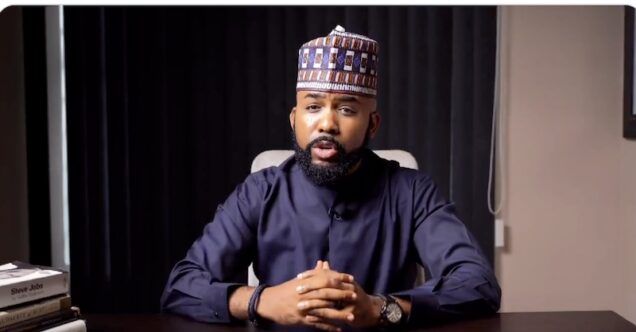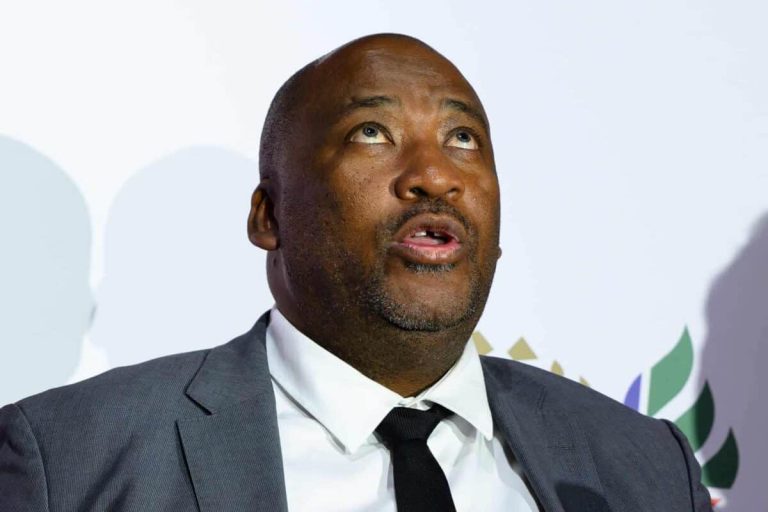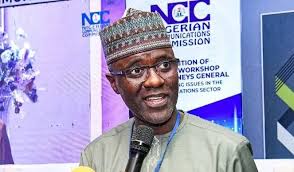
Screenshot
Nigerian singer, actor, and politician Olubankole Wellington, popularly known as Banky W, has called for restraint in public criticism of the church, warning that blanket condemnations risk misrepresenting an entire faith community.
Speaking on the MENtality podcast hosted by Ebuka Obi-Uchendu, the music executive, who also serves as a pastor, acknowledged that corruption and misconduct exist within some churches but insisted that such issues should not define the entire institution.
Banky W noted that while some religious leaders have failed morally or financially, countless others continue to serve with honesty and compassion.
“It’s unfair to generalise,” he said. “Just because there are bad examples in the church doesn’t mean everyone is guilty. You don’t stop going to hospitals because some doctors are bad.”
Drawing parallels with other professions, he explained that every sector, including education and healthcare, has both good and bad actors. “The same school can have inspiring teachers and abusive ones,” he added, stressing that fairness requires recognising both sides of the picture.
The Made for You crooner also weighed in on the ongoing debate over prosperity preaching, rejecting what he called the “distortions” of both extreme wealth teachings and doctrines glorifying poverty.
“The prosperity gospel is corrupted, but so is the poverty gospel,” he said. “The true message of the Bible is about provision, God meeting your needs so you can bless others, not about excessive riches or imposed suffering.”
Banky W maintained that the Christian message centres on balance and generosity rather than materialism or deprivation.
While acknowledging that some pastors exploit religion for profit, he argued that these cases should not erase the work of genuine ministries that serve quietly and impact lives positively.
“There’s a segment of the church that’s guilty of abuse, and those allegations are true,” he admitted. “But that doesn’t make every church corrupt. As thinking people, we must be fair enough to acknowledge both the good and the bad.”
The episode, released on YouTube, has drawn wide attention for its nuanced take on faith and public perception, with many viewers praising Banky W for advocating reasoned dialogue over emotional generalisation.



